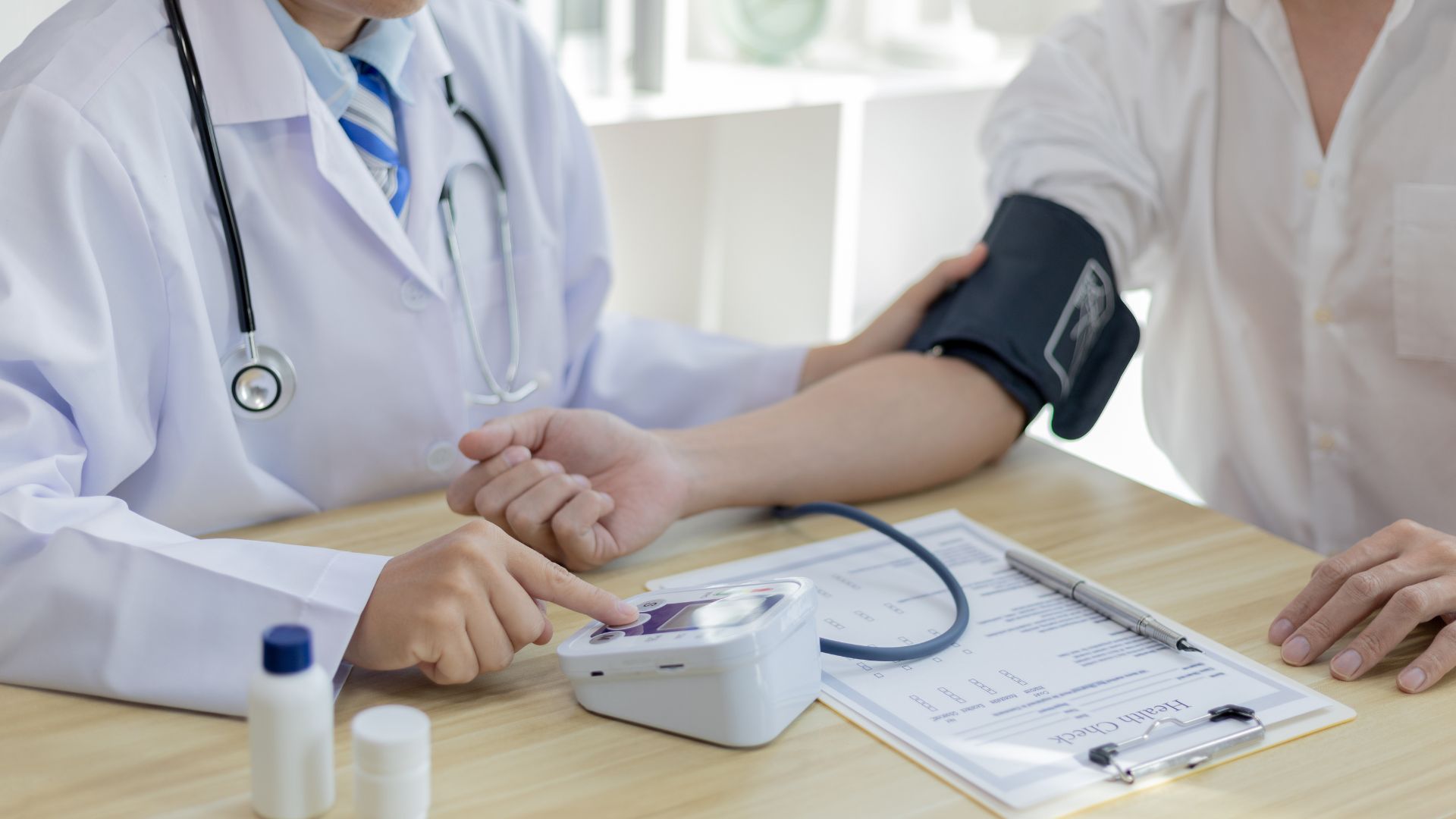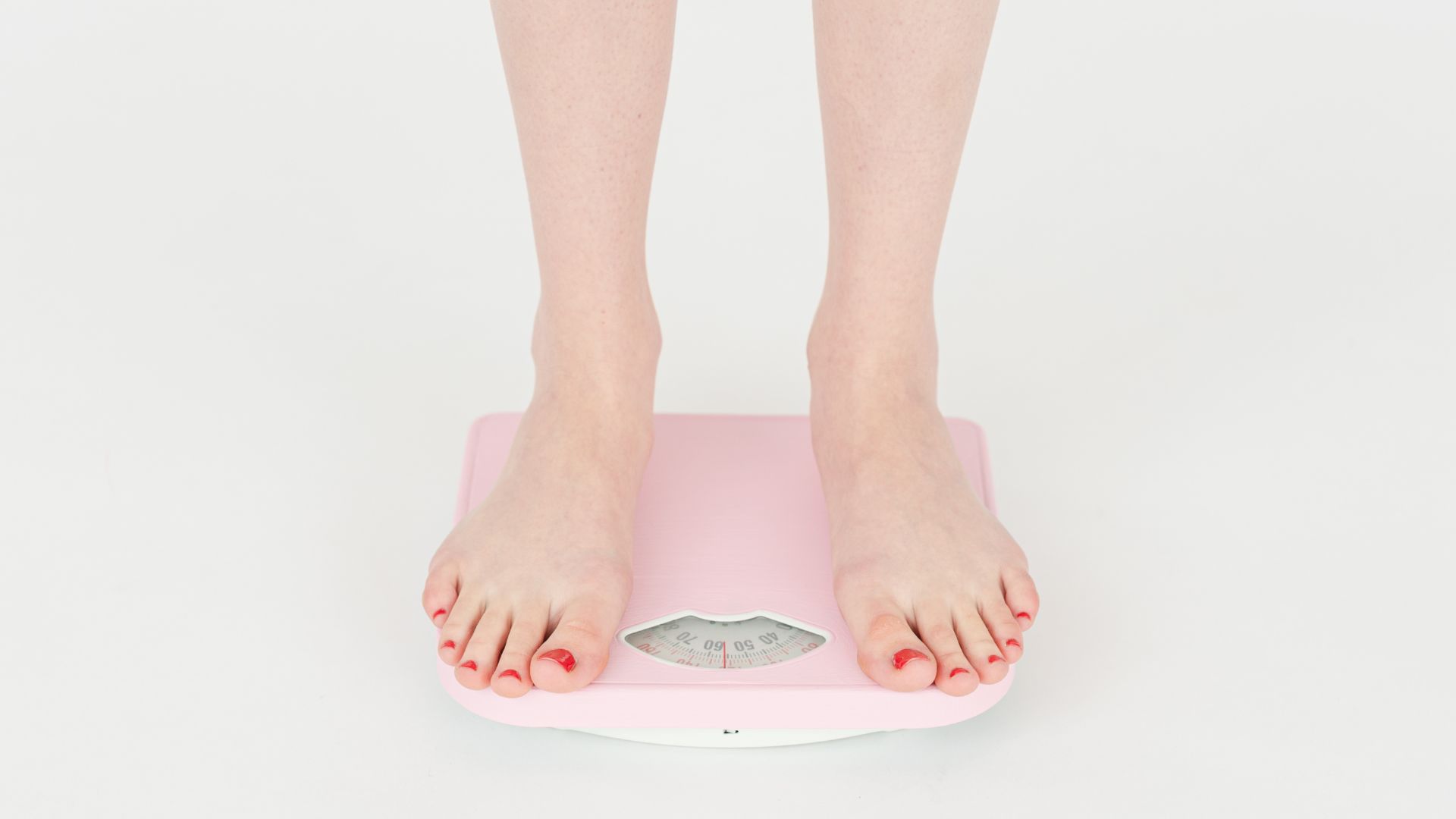Temporary or chronic stomach pain is common and can have many causes. Pregnancy? Eating too much food? What to do if it is accompanied by nausea, gas, or back pain?
If you feel pain between your belly button and breastbone, it may be coming from your stomach, but it can also occur in other organs. Pain in this area does not necessarily mean that the stomach is involved, so you should always proceed with some caution. These are fairly common pains that can occur with a number of fairly innocuous conditions, such as stress, pregnancy, or taking non-steroidal anti-inflammatory drugs.
Stomach pain: causes
- Pain in pregnancy. If they occur in the abdominal area, the first thing to do is to rule out causes directly related to pregnancy.
- Gastroesophageal reflux, which does not necessarily lead to heartburn, but can only be expressed as pain or cramps.
- Liver colic, as a result of a gallstone in the gallbladder. Usually it is pain in the right side, but it can also be displaced to the middle. The pain in this case can be severe and last for several hours.
- Disorders of food transit, in particular constipation, which lead to projective colic, i.e. intestinal pain projecting to the stomach area.
Abdominal and back pain
Any pain in the stomach can recoil into the back, but in general we fear two things: ulcers on the back of the stomach and pancreatic cancer. But don’t panic, it’s still relatively rare.
Abdominal pain and nausea.
The most likely cause is caloric overload. You have stomach pain because you have overeated, eaten too much fatty food, too much sugar, abused alcohol. Otherwise, this pain may be consistent with anxiety, as it is rarely an organic symptom (with the exception of pregnancy). If the problems are recent and accompanied by warning signs, such as weight loss, anemia, fever, or fatigue, you should see a doctor who will make sure there is no more serious pathology behind it.
Abdominal pain and gas
Gas in the upper abdomen can be a small manifestation of reflux, but also, and this is often the result of stress or increased anxiety. More often than not, it’s just a functional disorder because we’ve eaten too fast or had carbonated drinks. As for the gas in your lower abdomen, that simply means you have a functional colopathy called irritable bowel syndrome. This is a benign pathology characterized by abdominal discomfort, bloating, flatulence and altered food transit.
Stomach pain due to stress.
Psychological and visceral stress leads to stomach pain. This is because the stomach is at the confluence of many stimuli. The gut contains as many nerve cells as the spinal cord.
Nocturnal abdominal pain
The nocturnal nature of the pain is less often indicative of a functional disorder. In general, it is inflammation of the stomach (or gastritis) in minor forms or peptic ulcer disease in more severe forms. This type of stomach pain should be a reason to consult.
Stomach pain after eating
The main causes of stomach pain after eating are :
– Gastro-oesophageal reflux due to eating too much food,
– Stretching of the stomach due to eating too much food,
– Exacerbation of functional reflex colopathy promoted by certain easily identifiable foods,
– Gastritis.
Stomach pain. What to eat ?
When you have stomach pain, you need to focus on a light diet, no fried foods, no fruit juices, sodas, sweets, because these irritate the mucous membrane of the stomach. It is important to eat slowly, don’t smoke, don’t abuse alcohol, and avoid carbonated sugary drinks.
When do I go to the doctor for stomach pain?
There are certain warning signs that should prompt you to seek help:
– Weight loss,
– Recent, yet chronic nature of the pain,
– A lumpy feeling in the stomach,
– Blood in the stool.
Examinations for abdominal pain
When stomach pain occurs, the following examinations are performed :
– An ultrasound of the entire abdomen to look at the condition of the liver, pancreas, and gallbladder, among other things.
– Gastroscopy of the stomach.
– If indicated, a CT scan of the abdomen may be organized
All programs of our medical center – Home.








